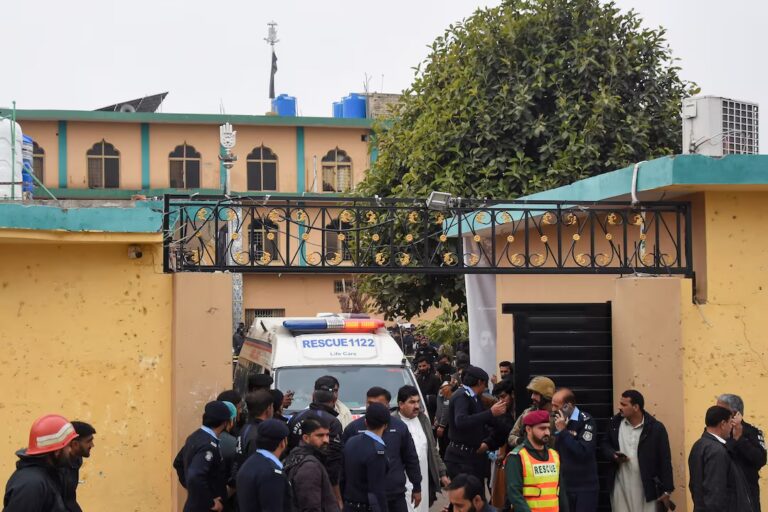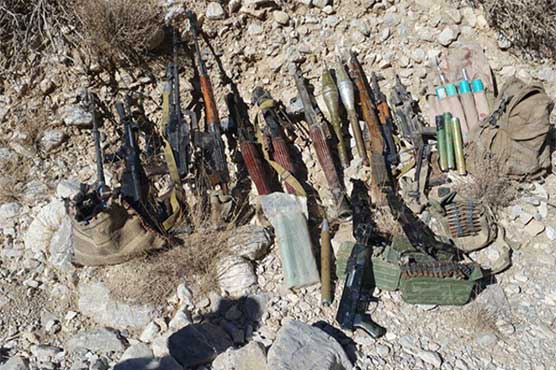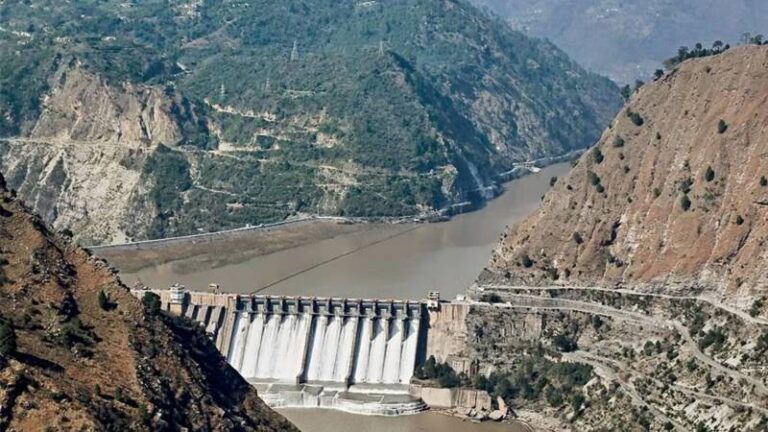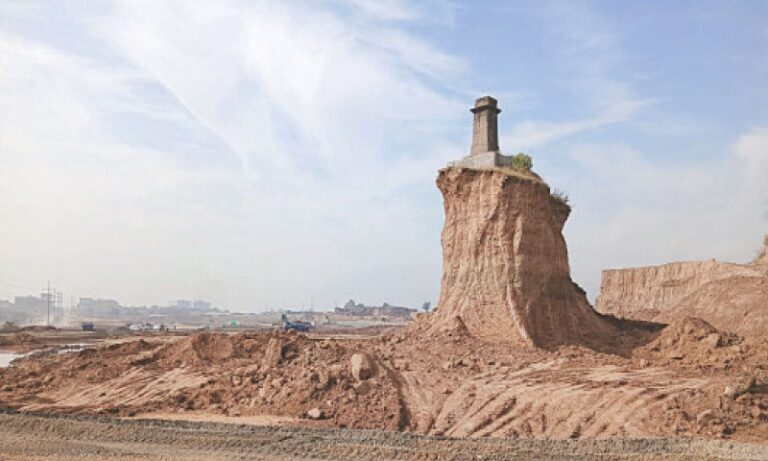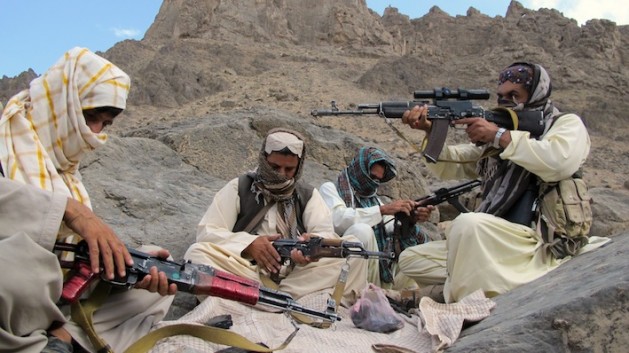Bilawal Bhutto Zardari on South Asia’s New Normal

Bilawal Bhutto Zardari On South Asia’s New Normal
In his recent appearance on Al Jazeera, the Pakistani foreign minister and political heir is very clear and confident about the foreign policy of Pakistan. The exchange between Bhutto and the anchor is not just a clash of narratives, but also a struggle to define the “new normal” in the subcontinent. In an answer to a question by anchor, Mr. Bhutto aimed at India’s latest military doctrine. This is what New Delhi calls its “new normal.” He calls it something else entirely which is “the new abnormal.”
The timing could not have been more tense. India and Pakistan, both nuclear powers, had just clashed in what is being described as the biggest counter terror operation, India has ever launched across the border. Bhutto’s message was blunt. This new tit for tat approach puts 1.7 billion people at the mercy of “faceless non state actors.” In plain words, he was saying one rogue attack could trigger a war.
He framed it as a moral and strategic problem. “Any terrorist attack in India now means war with Pakistan”, he said, arguing that this kind of logic is dangerous, not just for Pakistan, but for the whole region. It was partly a warning, and partly a plea for sanity.
Rewriting The Past
Moving forward, when the anchor pushed him on reports that Pakistan still harbors groups like Lashkar-e-Taiba and Jaish-e-Mohammed, Bhutto did something interesting. He redefined time itself. “2022 is the past,” he said, “We are in 2025.”
It sounded flippant at first, but he was making a point. Pakistan, he argued, should not be held hostage to its history. He mentioned the FATF (the international watchdog on terror financing), which took Pakistan off its “grey list”, after a long compliance process. He also pointed out that there has not been a major cross border terror attack, linked to Pakistani soil since 2019.
Of course, that does not mean every doubt has vanished. Critics still say Pakistan’s militant networks never fully disappeared, but they just went quiet. Thus, Bhutto’s version is more optimistic that India keeps using old ghosts for political gain.
The Terror Question That Will Not Go Away
Moreover, the interview turned sharp when the anchor brought up Hafiz Saeed and Masood Azhar. These are the names that have haunted Pakistan’s image for decades. Bhutto said, Saeed is in custody and that Azhar is likely in Afghanistan. “If India has proof he is here, give it to us,” he said.
Besides, it also showed how he is trying to walk a fine line. He acknowledged Pakistan’s painful past without letting it define the present. The credibility of that stance depends on what happens at home. It is whether the government and the military stay on the same page, about cracking down on extremism or not.
Kashmir Is Still The Core
Furthermore, no discussion between India and Pakistan ever skips Kashmir, and this one was no different. The anchor quoted Pakistan’s army chief calling it the country’s “jugular vein,” hinting that such rhetoric sounds are provocative. Bhutto disagreed, calling it a long-standing national position going back to Jinnah.
He argued that what is happening in Kashmir, since India revoked its special status in 2019 is not a result of Pakistani interference, but of local resistance. “We are unfairly blamed”, he said. Now whether people believe this stance or not, it depends largely on which side of the border they are living on.
What stood out was how Bhutto tried to reframe Pakistan’s stance. He spoke confidently in the language of international law and human rights, and the “right to self determination” under the UN Charter. Therefore, his point was very authentic and clear.
Language, Power, and Legacy
Additionally, the most viral part was when the anchor asked, why Bhutto keeps calling Indian Prime Minister Narendra Modi “the butcher of Gujarat, the butcher of Kashmir, and the butcher of the Indus Valley Civilization”. Bhutto did not flinch. “It is a title he earned”, he said.
Bhutto’s tone, which was defiant yet reflective, suggests a leader who understands both the weight of his family’s legacy and the fragility of his country’s reputation.
In the end, his message was simple. It was to stop letting nameless militants decide the fate of millions. For once, he said, let elected leaders take the responsibility for peace, before the “new normal” becomes permanent.
The views and opinions expressed in this article are exclusively those of the author and do not reflect the official stance, policies, or perspectives of the Platform.

